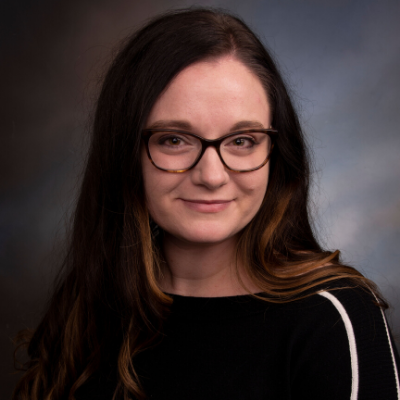By Sara Cooley MA, CCTP, LPC
We’ve all heard it before— “They don’t love me”, “If they loved me, they would ____”. Teenagers will say the same things about their parents—“They don’t get it, they don’t understand, they don’t support me.” Parents reply with “How could you ever say that I don’t love you when I put food on the table and roof over your head?” Sound familiar? What we are all missing is that all of this is about everyone’s view of love. Love and support look different for every person and every relationship in your life.
In comes Gary Chapman’s “5 Love Languages”. Love Languages have been trendy and all over social media apps as something funny which I appreciate. However, Love Languages are also extremely useful especially to know your own, your friend’s, your partner’s, etc. I even encourage my clients in my therapy practice to use this as a tool as well.

The five love languages are:
- Quality Time (date nights, sitting on the couch talking – no phones!)
- Words of Affirmation (you’re doing so well, I’m so proud of you)
- Acts of Services (cooking dinner, doing laundry, picking up groceries)
- Gifts (bringing home a favorite item, presents, clothing or jewelry)
- Physical Touch (cuddling, hand holding, physical intimacy, hugs)
Let’s go back to the example of a teenager and their parent(s). I hear it all the time with my clients “My parents don’t love me.” When we dig a little deeper and discover what “love” means to that individual, we then have something to work with. Sometimes it’s that the teenager is a “words of affirmation” person and needs to be told “I’m proud of you,” “You are doing great in swim,” “You’re doing a good job.” Often the teenager will say “I never see my parent because they’re working all the time.” Well, when we break down the love language, we discover that parent is showing love by an act of service – shelter, food, going to work to provide for the family. There’s absolutely nothing wrong with any of it! However, parent/teen relationships improve when they understand where they are each coming from.
Another example I see often with divorced and/or blended families— “My mother/father just sends me a video game or gives me money to go shopping, but I just want to watch a movie with them or go on a car ride.” Again, there’s nothing wrong with gifts from a parent, but everyone in the relationship will perhaps be a bit more understanding with each other if we know the love language we are working with.
The same concept applies with significant others – a partner may want physical touch and the other may want their partner to do a practical act of service. I’ve witnessed a lot of resentment in relationships because they didn’t understand where the other person was operating from or love language that he/she desired. Note: If your teenager/friend/partner has had a trauma history, physical touch is likely going to be difficult for them.
Parents also want to know how to support their teenager. When these questions are posed to a teen: “How can I help? What do you want your parent to do to support you?”; they often don’t know the answer. Completing this quiz as parent/teen duo can really provide a lot of clarity and point a direction in which to start.
Don’t take my word for it – take the quiz (in the links below), have your partner/teenager/friend take the quiz, and learn more about each other. Knowledge is power but applying this knowledge to a relationship in your life is going to be even more valuable. Share your experience with love languages in the comments!
Love Language Quiz for Children (age 9-12)
https://www.5lovelanguages.com/profile/children/
Love Language Quiz for Teenagers (age 13-17)
https://www.5lovelanguages.com/profile/teens/
Love Language Quiz for Couples
https://www.5lovelanguages.com/profile/couples/
Keep exploring quizzes (there’s a quiz specific to military,
singles, and men) and more information on love languages at:
https://www.5lovelanguages.com/

Sara Cooley is a Licensed Professional Counselor and Certified Clinical Trauma Professional specializing in children, adolescents, and young adults struggling with life’s challenges. She emphasizes therapy as a collaborative partnership between the client and therapist. She takes a person-centered approach to the therapy process to make it beneficial and unique for each individual. Her goal is to empower her clients and help them improve their mental health and wellness.
